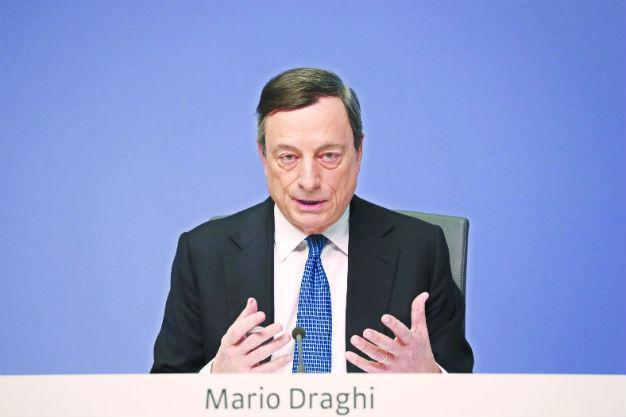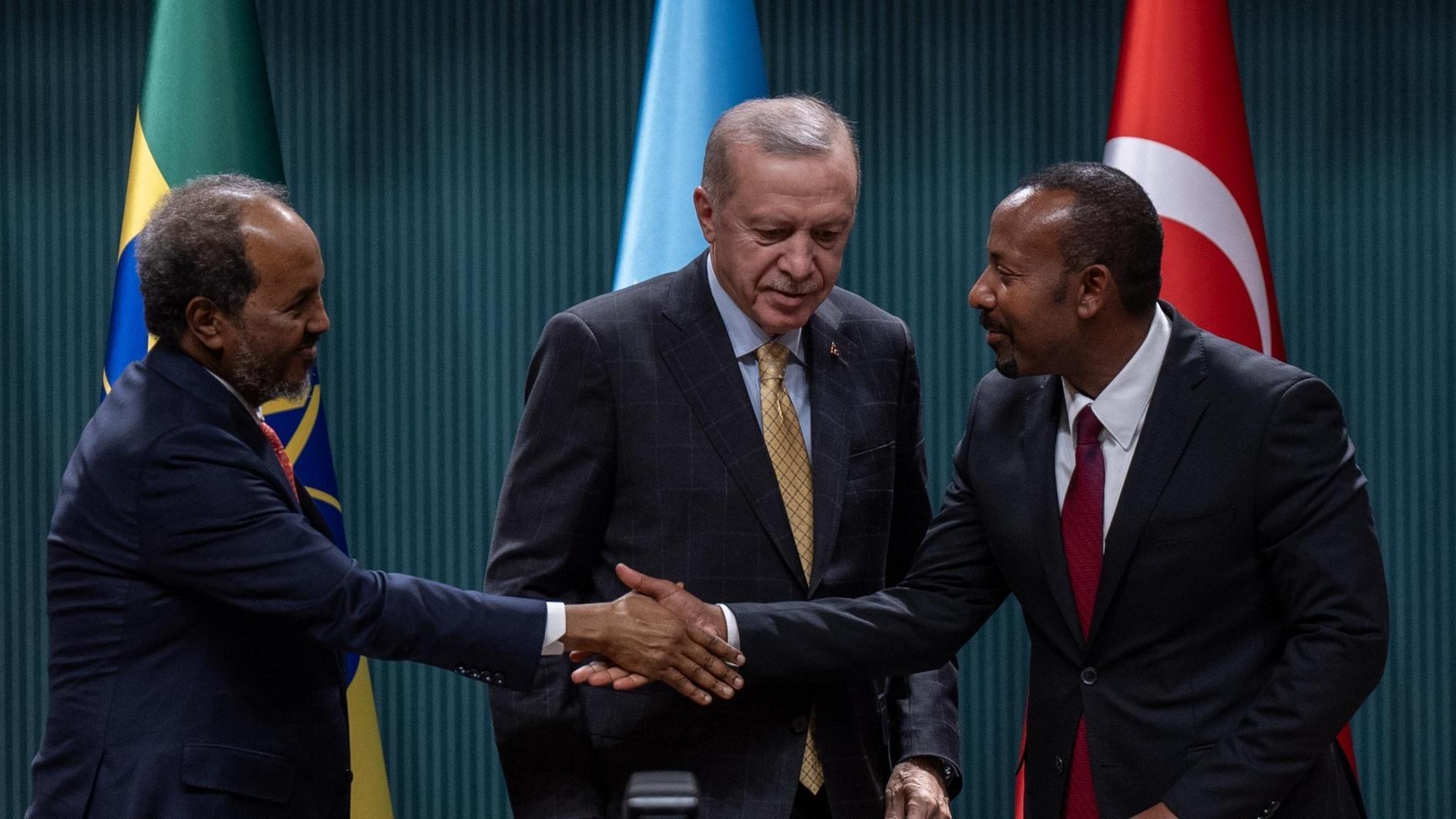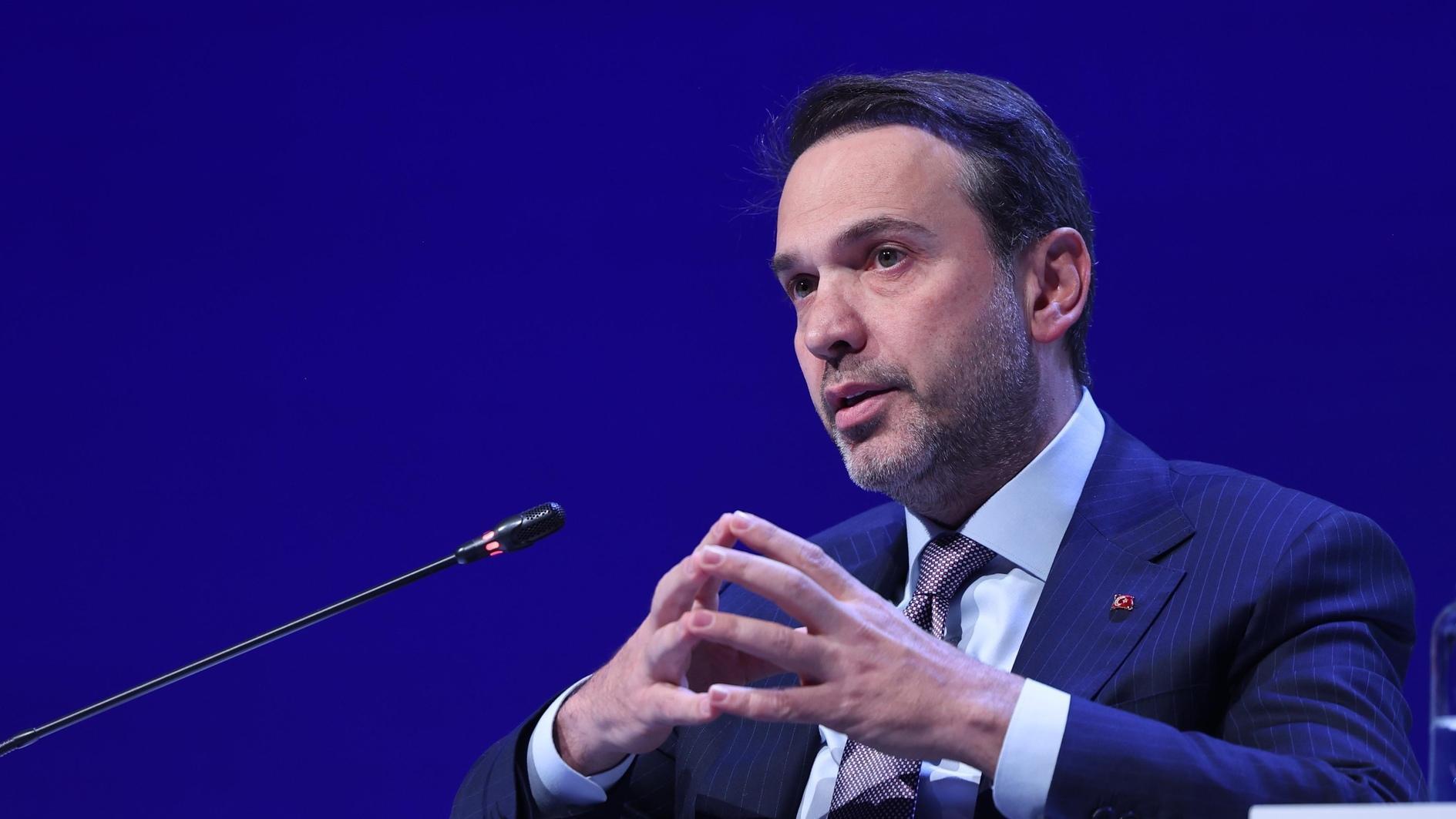ECB says willing to act as Draghi warns on global uncertainty
FRANKFURT - Reuters

REUTERS photo
The European Central Bank is willing to ease monetary policy further, according to three top officials including its president, who echoed his U.S. peers’ concerns about an uncertain outlook for the global economy.This year would be another challenging one for the ECB, Mario Draghi wrote in its annual report released on April 7.
“We face uncertainty about the outlook for the global economy. We face continued disinflationary forces. And we face questions about the direction of Europe and its resilience to new shocks,” he wrote.
Draghi’s downbeat tone echoed that of policymakers at the Federal Reserve, minutes of whose mid-March policy meeting released on Wednesday revealed “participants generally saw global economic and financial developments as continuing to pose risks.”
The ECB on Thursday publishes an account of its own March meeting, at which it boosted its bond-buying stimulus program and announced a fresh round of cheap funding for banks.
Draghi insisted that “the ECB does not surrender to excessively low inflation”, a message that shows willingness to act. Such action could involve a revamp of the ECB’s bond-buying scheme, although it could take another form.
The ECB’s chief economist Peter Praet, speaking to an audience of economists in Frankfurt, also emphasized the bank’s readiness to take further steps if necessary.
“If further adverse shocks were to materialize, our measures could be recalibrated once more commensurate with the strength of the headwind,” he said.
Draghi said the ECB’s quantitative easing stimulus, under which it effectively prints money to buy chiefly sovereign bonds, would boost economic output in the euro zone by around 1.5 percentage points between 2015 and 2018.
His deputy, Vitor Constancio, emphasized this message at a hearing at the European Parliament in Brussels but added other policymakers, particularly in governments, must also do their part to boost growth.
“The ECB has done and ... will continue to do whatever is needed to pursue its price stability objective which now implies also trying to foster growth,” Constancio said.
“However, other policies must also act,” he said, referring to the need for reforms to tackle unemployment as well as spending, where possible, to bolster growth.
















